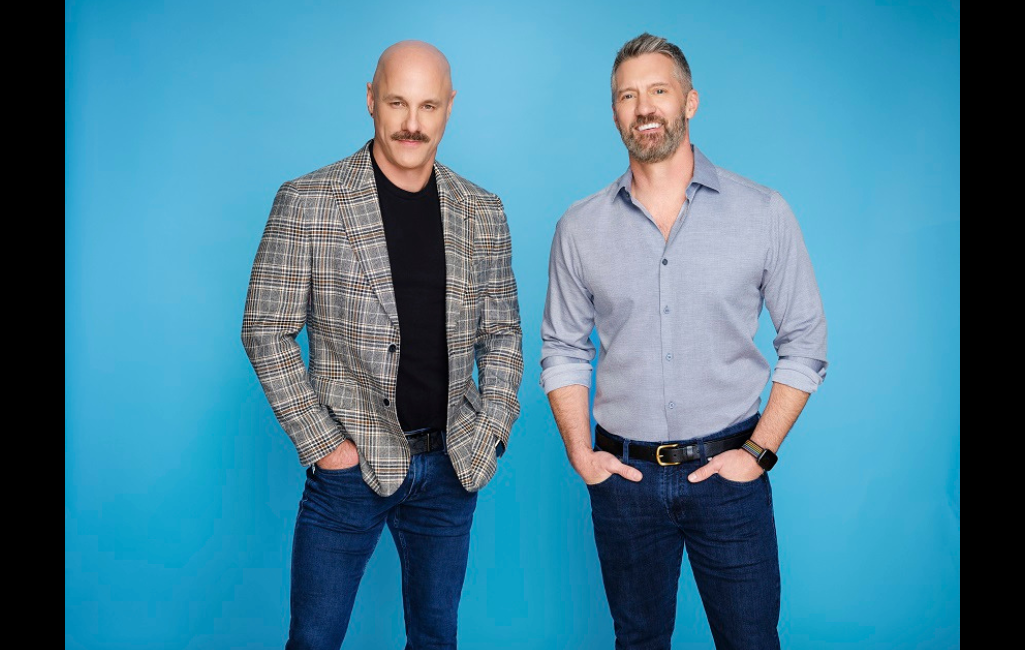By Victori Solutions and Dustin Woehrmann
As cities across the globe continue to evolve, the issue of health care accessibility remains a critical concern that is often overlooked. For individuals with disabilities, navigating health care systems can be fraught with significant challenges, ranging from physical barriers to communication hurdles.
By prioritizing inclusivity and leveraging effective marketing strategies, cities can actively bridge these accessibility gaps. Through targeted messaging and representation, marketing plays a major role in shifting the narrative surrounding health care accessibility, fostering a culture of inclusivity and ensuring that health care services are accessible to all members of the community.
In recent years, numerous cities across the nation have made strides in reevaluating their messaging to foster inclusivity. By showcasing how disabilities can affect anyone at any stage of life, messaging has the power to challenge the common mindset of “it can’t or won’t happen to me.” Personal anecdotes from individuals who have encountered vision or mobility challenges later in life and navigated accessibility barriers for the first time serve as poignant reminders that prioritizing and accommodating accessibility is not only an act of community care but also essential for self-care.
Encouraging storytelling prompts audiences to envision themselves in diverse circumstances, fostering empathy and understanding. This narrative approach serves as a potent catalyst for shifting perceptions and motivating advocacy efforts. Through effective marketing strategies, accessibility and inclusivity can be reframed as fundamental human rights, transcending the notion of being reserved solely for individuals with disabilities. By actively dismantling stigmas, marketing initiatives remind health care professionals and city officials alike that accessibility must be approached proactively rather than reactively, ensuring equitable access for all members of society.
Dustin Woehrmann, creative director of BoomBox Marketing, emphasizes the importance of understanding and targeting specific audiences when addressing health care accessibility.
“Define your audience—targeting the whole city will be challenging. There are also likely sub-populations that are disproportionally affected by certain health outcomes. Try targeting them.”
Woehrmann and Tom Whitman, president of ION Marketing Group, recently launched BoomBox —the result of a strategic merger between ION and creative agency, Communify.
Woehrmann’s commitment to advocacy and community building has made a positive impact on the lives of countless individuals and organizations. A sought-after speaker on LGBTQ+- targeted and inclusive communications, Woehrmann has led the LGBTQ marketing efforts for New Orleans, Louisiana tourism for almost 10 years, promoting inclusive travel to the city through content creation and activations.
When asked what BoomBox recommends to cities looking to bridge inaccessibility gaps in the health care field and create more inclusive environments for individuals with disabilities, Woehrmann suggests engaging directly with members of the target population to ensure that marketing efforts resonate with their needs and experiences.
“Speak to members of that population within your city. Inclusive marketing goes beyond mere representation; it’s about authentically reflecting the diversity of the community,” he said. “In your ads and messaging, make sure the folks portrayed look like your target audience. Show diverse folks as part of your messaging.”
Additionally, Woehrmann suggests testing messaging strategies, which can provide valuable insights into their effectiveness.
“Test your messages before going to market or within the market if you can meaningfully track performance through A/B testing,” he said.
The journey towards health care accessibility and inclusivity is ongoing and multifaceted. By implementing targeted marketing strategies, advocating for systemic change and fostering a culture of empathy and understanding, cities can pave the way for a future where health care is truly accessible to all.
As individuals and businesses, we hold the power to drive this transformation. Let us commit to taking meaningful action, challenging existing norms and championing inclusivity in every aspect of our society. Together, let’s build a world where health care is not just a privilege, but a fundamental human right for every individual, regardless of ability. Let’s challenge ourselves to think inclusively and work towards a future where health care is truly accessible to all.
Dustin Woehrmann has created award-winning campaigns in both the health and tourism space for major companies, including HIV prevention campaigns for the New Orleans Health Department and Tulane University, and destination marketing initiatives for Condor Airlines; Salt Lake City, Utah; Sacramento, California; and more. He’s also created campaigns for major nonprofits like Habitat for Humanity, The Trevor Project and Halloween New Orleans (HNO), in addition to websites for Warner Bros. titles, Paramount movies, the Academy Awards and others. Woehrmann also chaired the Community Affairs Inclusion Committee for the New Orleans NBA All-Star Game and Wrestlemania 34 host committees.
To learn more about BloomBox Marketing, visit heybloombox.com.
Explore more articles for the DIVERSEability community here.



